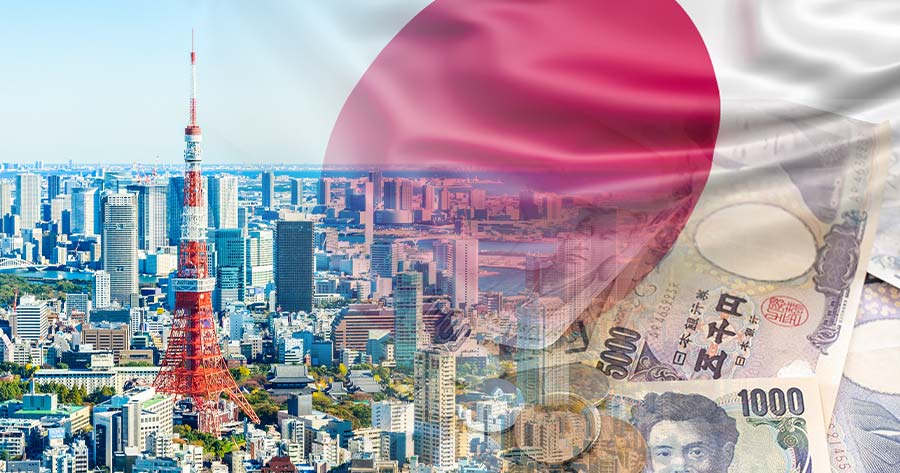Data released on Friday showed that Japan’s core inflation surged in May driven by energy levies, while a key index excluding fuel decelerated for the ninth consecutive month. This complicates the Bank of Japan’s (BOJ) dilemma on the timing of interest rate increases.
In May, the core consumer price index (CPI), which excludes volatile fresh food, rose by 2.5% from a year earlier, boosted by an increase in the renewable energy levy. However, the index stripping away both fresh food and fuel slowed to 2.1% in May, the lowest year-on-year increase since September 2022.
The slowdown in “core core” inflation, closely monitored by the BOJ, raises doubts about the central bank’s belief that wage growth will propel consumption and sustain inflation towards its 2% target.
Private-sector service inflation also decelerated to 2.2% in May, indicating companies’ caution in passing on labor costs. Despite the BOJ’s anticipation of a boost in services inflation from strong pay raises, there has been limited evidence of this materializing.
Analysts foresee core CPI nearing 3% later this month due to escalating raw material expenses. Nevertheless, the pressure from rising costs could dampen consumption and deter firms from raising prices, impeding the BOJ’s efforts to maintain demand-driven inflation near its target.
With inflation surpassing the 2% target for two consecutive years, the BOJ is now contemplating raising short-term rates to a level that does not overheat the economy. Economists speculate that the BOJ may increase interest rates to 0.25% within this year, although opinions are split on whether this will occur in July or later.





